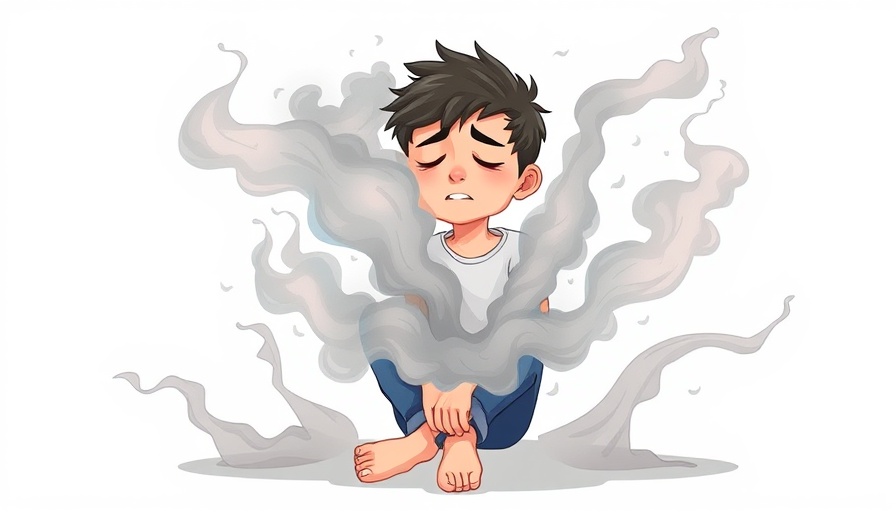
The Profound Effects of Trauma on the Brain and Body
Trauma can fundamentally alter not only our mental state but also how our bodies respond physiologically. Understanding these changes is crucial for both professionals and parents seeking to help loved ones reclaim their well-being.
Neurobiological Changes After Trauma
Research has established that traumatic experiences can lead to significant neurobiological changes, particularly in areas of the brain responsible for emotional regulation and decision-making. When faced with trauma, the brain enters a 'fear circuitry' mode, prioritizing survival over rational thinking. This can lead to heightened emotional arousal responses such as anxiety and panic attacks, while the prefrontal cortex—a region associated with planning and decision-making—functions poorly during traumatic events (Trauma-Informed Care, NCBI).
During trauma, individuals may exhibit dissociation, where the brain effectively disconnects from the present moment, further complicating their ability to process memories adequately. This is often at the heart of PTSD and other mental health conditions related to trauma.
The Physical Consequences of Trauma
Trauma's physical repercussions can be just as debilitating as the mental manifestations. Survivors commonly report chronic pain syndromes, sleep disturbances, and various gastrointestinal issues that can emerge long after the traumatic event has passed. Such symptoms can exacerbate feelings of hopelessness, guilt, and worthlessness, leading to persistent depressive states such as major depressive disorder or dysthymia.
Moreover, the interplay between trauma and chronic health issues is significant, with many trauma survivors reporting an increased vulnerability to diseases associated with stress and inflammation, demonstrating a clear link between mental and physical health (Neurobiology of Trauma, UNC).
Emotional Dysregulation: The Impact of Trauma
One of the most profound psychological effects of trauma is emotional dysregulation, which can lead to difficulty managing feelings such as anger, fear, and sadness. Individuals may swing between emotional extremes or feel numb, disconnected from their emotions altogether. Such dysregulation can result in self-destructive behaviors, including substance abuse or self-harm, often as a misguided attempt to regain control over overwhelming feelings.
Resilience and Recovery Strategies
While trauma can lead to significant mental health challenges, many individuals exhibit resilience and may develop strategies to cope effectively. Therapeutic approaches such as cognitive behavioral therapy, mindfulness practices, and art therapy have shown promise in fostering recovery and encouraging healthier coping mechanisms. These methods can help in reframing negative self-talk, managing anxiety, and overall improving emotional stability.
Moreover, social support is paramount in the recovery process. Engaging with peer support groups can alleviate feelings of isolation and empower individuals by sharing experiences with those who understand the effects of trauma. Understanding that trauma does not define a person but rather is an aspect of their experience is essential for building resilience.
Future Considerations and Preventative Strategies
Awareness and understanding of trauma's profound impacts can lead to better preventative strategies in both clinical and personal settings. For professionals, having a trauma-informed approach in healthcare and education can foster better outcomes. For parents, acknowledging the signs of trauma in children and being proactive in their mental health support will create environments where healing and resilience thrive.
Conclusion: Taking Back Control
In summary, trauma does have a significant impact on both the brain and body that affects emotional regulation, physical health, and overall quality of life. However, it's crucial to understand that recovery and resilience are possible with the right support and tools. Engaging in effective treatment options and fostering supportive environments can help individuals reclaim their lives from the grips of trauma.
It's time to take an active stance in understanding trauma and its effects. Whether you're a professional seeking more knowledge or a parent looking for ways to support a loved one, the journey toward healing starts with education and awareness.
 Add Row
Add Row  Add
Add 




Write A Comment